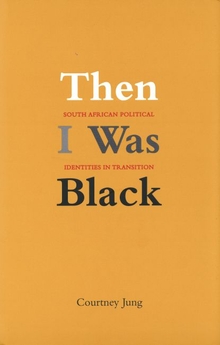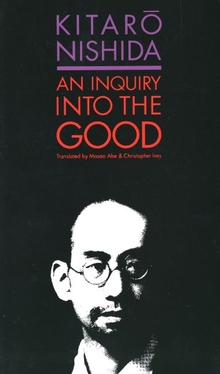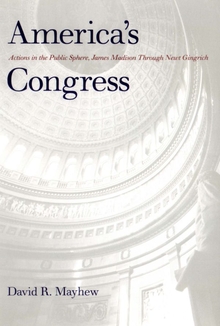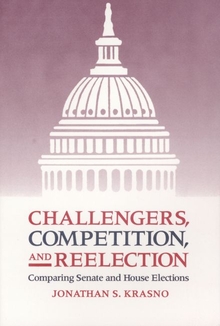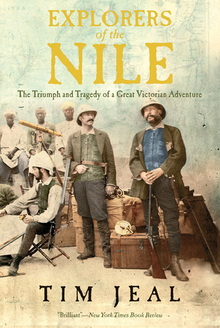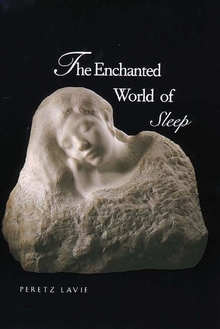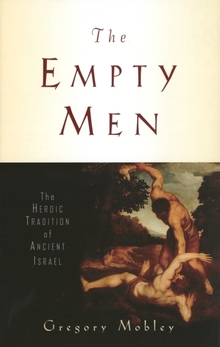Then I Was Black
WARNING
You are viewing an older version of the Yalebooks website. Please visit out new website with more updated information and a better user experience: https://www.yalebooks.com
South African Political Identities in Transition
Courtney Jung
Do race and ethnicity present a danger to the consolidation of effective democratic government? Can liberal constitutionalism provide a stable basis for governance of a polity historically erected on racial and ethnic division? In this book Courtney Jung argues that when ethnic and racial identities are politically fluid and heterogeneous, as she finds they are in South Africa, ethnic and racial politics will not undermine the peaceful and democratic potential of the government.
Jung examines three important cases of politicized racial and ethnic identity in South Africa: Zulu, Afrikaner, and Coloured. Working from extensive field research and interviews, she develops a model to explain shifts in the political salience, goals, and boundaries of these groups between 1980 and 1995. Jung challenges the common assumption that cultural identities overdetermine political possibility, pointing out that individual members fail for the most part to internalize the political agenda of “their own” ethnic group. Group engagement with the state is also conditioned by contextual factors, not determined by its constitution in ethnic or racial terms. South Africa is no more divided than most other societies, she concludes, and no less likely to consolidate democracy as a result of its politicized cleavages of race and ethnicity.
Jung examines three important cases of politicized racial and ethnic identity in South Africa: Zulu, Afrikaner, and Coloured. Working from extensive field research and interviews, she develops a model to explain shifts in the political salience, goals, and boundaries of these groups between 1980 and 1995. Jung challenges the common assumption that cultural identities overdetermine political possibility, pointing out that individual members fail for the most part to internalize the political agenda of “their own” ethnic group. Group engagement with the state is also conditioned by contextual factors, not determined by its constitution in ethnic or racial terms. South Africa is no more divided than most other societies, she concludes, and no less likely to consolidate democracy as a result of its politicized cleavages of race and ethnicity.
Courtney Jung is assistant professor in the department of political science at New School University.
“A major contribution to our understanding of the politics of transition in South Africa.”—M. Crawford Young, University of Wisconsin, Madison
“Using a carefully crafted methodology Jung explores the political identity of three major South African groups—Zulus, Afrikaners, and Coloureds—during the pre- and post-Apartheid periods to determine the sources of their identity, influence on the political scene, and the changes that have occurred between 1980 and 1995. . . . Each case study offers unique insight about the group’s evolving identity and the circumstances that affect its capacity for cooperation or conflict. Highly recommended.”—Choice
“This book deserves a wide readership among those interested in democracy, identity, ethnic conflict, and South African politics.”—Political Science Quarterly
Selected as an Outstanding Academic Title for 2001 by Choice Magazine
ISBN: 9780300080131
Publication Date: July 11, 2000
Publication Date: July 11, 2000
304 pages, 6 1/2 x 9 1/4

